Table of Contents
PENGUIN

CLASSICS
MONODIES AND ON THE RELICS OF SAINTS
GUIBERT OF NOGENT (ca. 1060ca. 1125), a French monk and one of the most familiar personalities from all the Middle Ages, was born in northern France, where he suffered an unhappy childhood before being elected abbot of Nogent. Despite his relatively slender record of accomplishment, a series of professional missteps, and a general disregard from his peers, he has emerged as one of the most original thinkers of the twelfth centurya century particularly rich in innovative thought and brilliant mindsand one of our most valuable sources for understanding medieval politics, culture, literature, and sensibility. His autobiography, Monodies, is considered his crowning achievement.
JOSEPH McALHANY is an associate professor of classics and the director of the Great Ideas program at Carthage College in Kenosha, Wisconsin.
JAY RUBENSTEINa MacArthur Fellow and Rhodes scholaris an associate professor of medieval history at the University of TennesseeKnoxville. His extensive publications in the fields of medieval cultural and intellectual history include Armies of Heaven: The First Crusade and the Quest for Apocalypse and Guibert of Nogent: Portrait of a Medieval Mind, the first comprehensive study of Guiberts life and thought in over a century.
Introduction
Guibert of Nogent:
His Book and His Demons
No one would call the years 1060 to 1125 in France the Age of Guibert, but Guibert of Nogent has probably done more than anyone else to shape our understanding of medieval Europe at that time. By any standard measure of achievement, he led a quiet and undistinguished life. For about thirty years he lived as a monk at the monastery of Saint-Germer de Fly before being elected abbot of Nogent-sous-Coucy. He studied for a time with St. Anselm of Bec, one of the Middle Ages greatest philosophical and theological minds. Under Anselms influence, he composed two lengthy books of biblical exegesis, one on Genesis and another on the minor Old Testament prophets. He also wrote a history of the First Crusade and several shorter theological treatises, all of which achieved at least limited circulation and a small readership. Some of these texts may even have played a part in shaping the thought of betterknown monastic writers such as Bernard of Clairvaux. But Guibert himself was quickly forgotten, leaving barely a trace on the historical record, outside his own writings.
The two texts included in this volumehis autobiographical memoir, Monodies (1115), and his treatise On the Relics of Saints (1119)were, in terms of circulation, his least successful books. No medieval exemplar of the Monodies survivesit reaches us in its entirety in a single seventeenth-century copy. On the Relics of Saints appears in only one twelfth-century manuscript, mostly written in Guiberts own hand; from the available evidence, it never circulated beyond the walls of Guiberts own church. But in terms of content, these books are among the most strikingly original achievements from all the Middle Ages, comparable to Anselm of Becs demonstration of Gods existence in the Proslogion, or to Bernard of Clairvauxs monumental series of sermons on the Song of Songs.
Guibert did not engage with great issues in the same ways as did his more successful contemporaries. His goals were more mundane: he would withdraw into his own mind and ponder the wonders of everyday life, including, in particular, the development of his own personality. He sought not to understand all creation but only the small corner of it that he inhabiteda turbulent, violent, irksome, and beautiful world undergoing such profound changes that some have called it the age of the discovery of the individual. And we find perhaps our best and most mesmerizing guide to this world in the voice of Guibert of Nogent.
Guiberts narrative and argumentative paths are not always easy to follow. Like all great writers, Guibert had his own sense of how to tell a story, his own particular vocabulary, and his own theories about the workings of the world, the shape of history, and the nature of evil. In his writingsand in these two books in particularhe put those theories to the test. What makes Guibert especially engaging as a narrator is that he does not claim to have found all the answers. He knows how human psychology ought to work, but he also willingly acknowledges the significant gaps that exist between his beliefs and earthly and heavenly realities.
Nearly nine centuries after his death, Guibert remains a distinctive voice, capable of moving, infuriating, and disturbing audiences. His books speak for themselves, but this introduction, it is hoped, will prepare readers to experience Guiberts world.
MEMORIES, MEMOIRS,
AND MONODIES
The Monodies was an unusual project, as indicated by its title alone, likely as unfamiliar to Guiberts audience as it is to us. Monody is a technical term from Greek drama, referring to a sad song, sung on stage by a single singer. As its name implies, therefore, the Monodies is a deeply personal work. It is also astonishingly original. Put in the starkest terms: Around AD 400, Augustine of Hippo wrote his Confessions, which, in modern parlance, is an autobiography. Taking the form of a prayer to God, it describes his birth, his family, his childhood, his early career, and his eventual conversion to Christianity. After Augustines mothers death, the text takes a radically metaphysical turn, abandoning the world of events and becoming instead a meditation on sensory perception and, eventually, on the meaning of scripture and Creation. The next person to attempt a similar project was Guibert of Nogent. Completed in 1115, the Monodies was the first fully realized autobiography in more than seven hundred years.
Like Augustine, Guibert begins with the story of his birth and family. He describes his childhood, his education, his early career as a monk at the church of Saint-Germer de Fly outside of Beauvais, and his eventual election as abbot at Nogent, a newly founded church community midway between the cities of Laon and Soissons. After his promotion, which represents for Guibert a conversion of sorts, his book, like Augustines, takes a sharp turn. Rather than look inward to meditate upon the soul and upon God, however, Guibert shifts his gaze outward to explore the world around him, in all its imperfect, frightening detail.
The obvious question for readers of the Monodies is, Why did Guibert write this book? Or perhaps, more appropriately, What enabled Guibert to write this book? The need to tell ones story, to leave a mark on the world through putting words on parchment or paper, is perhaps universal among writers. And the Early Middle Ages do not lack examples of authors and historians who regularly insert themselves into the stories they were telling. But to make ones life the subject of a book, to fashion ones memories and emotions into a coherent narrative, represents another kind of creativity. Why then did this obscure abbotwho during his life achieved little fame outside of a small circle of readers in northern Francefeel that his life story was one worth telling, and why did his story take this particularly unusual form?


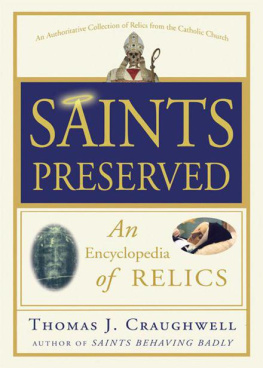
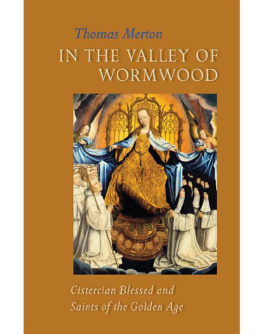

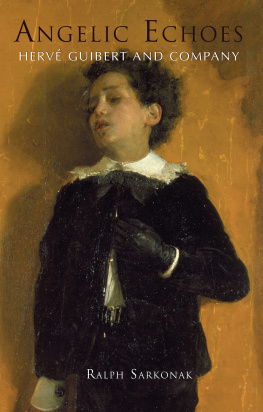
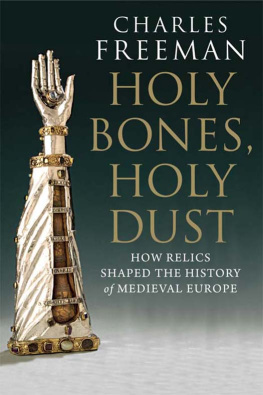
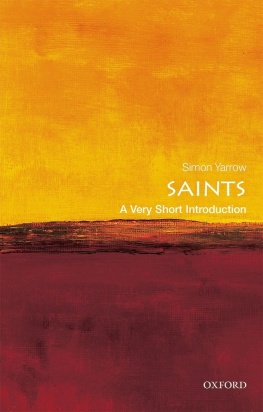

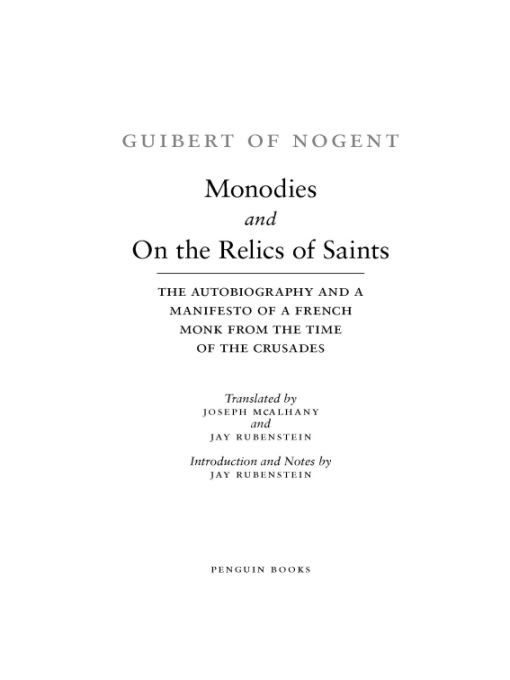
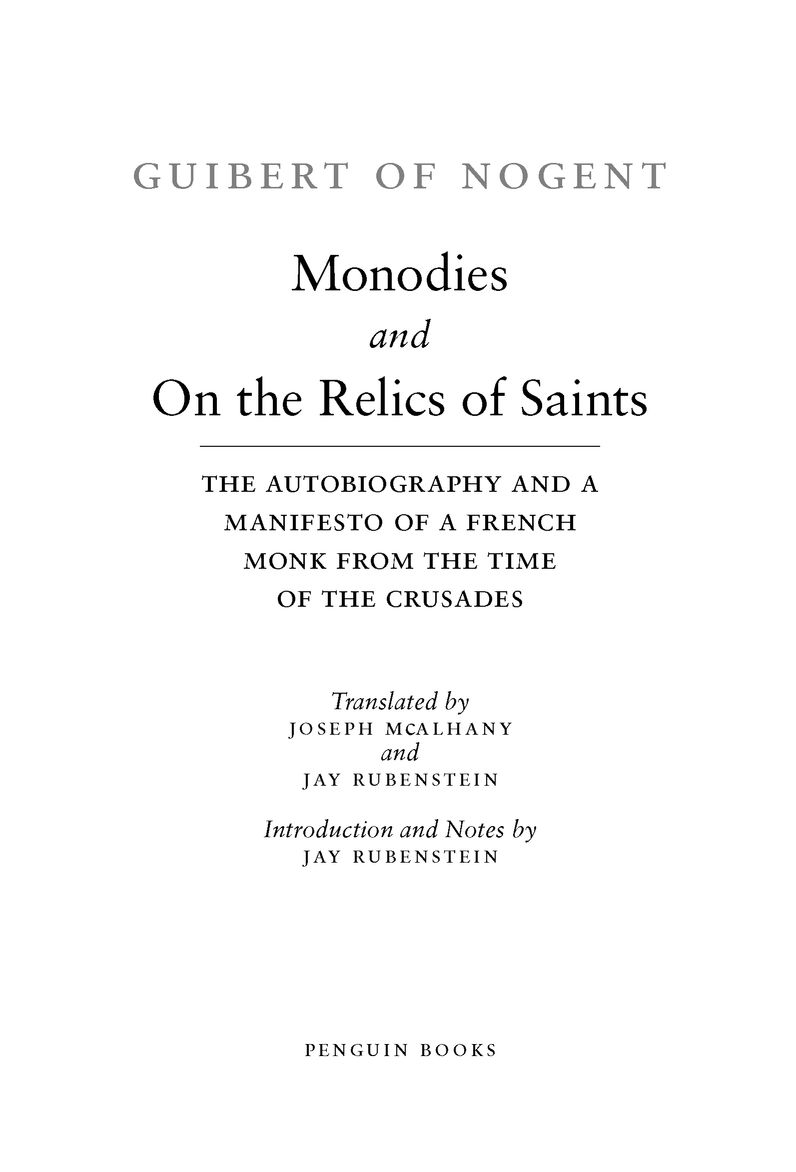
 CLASSICS
CLASSICS